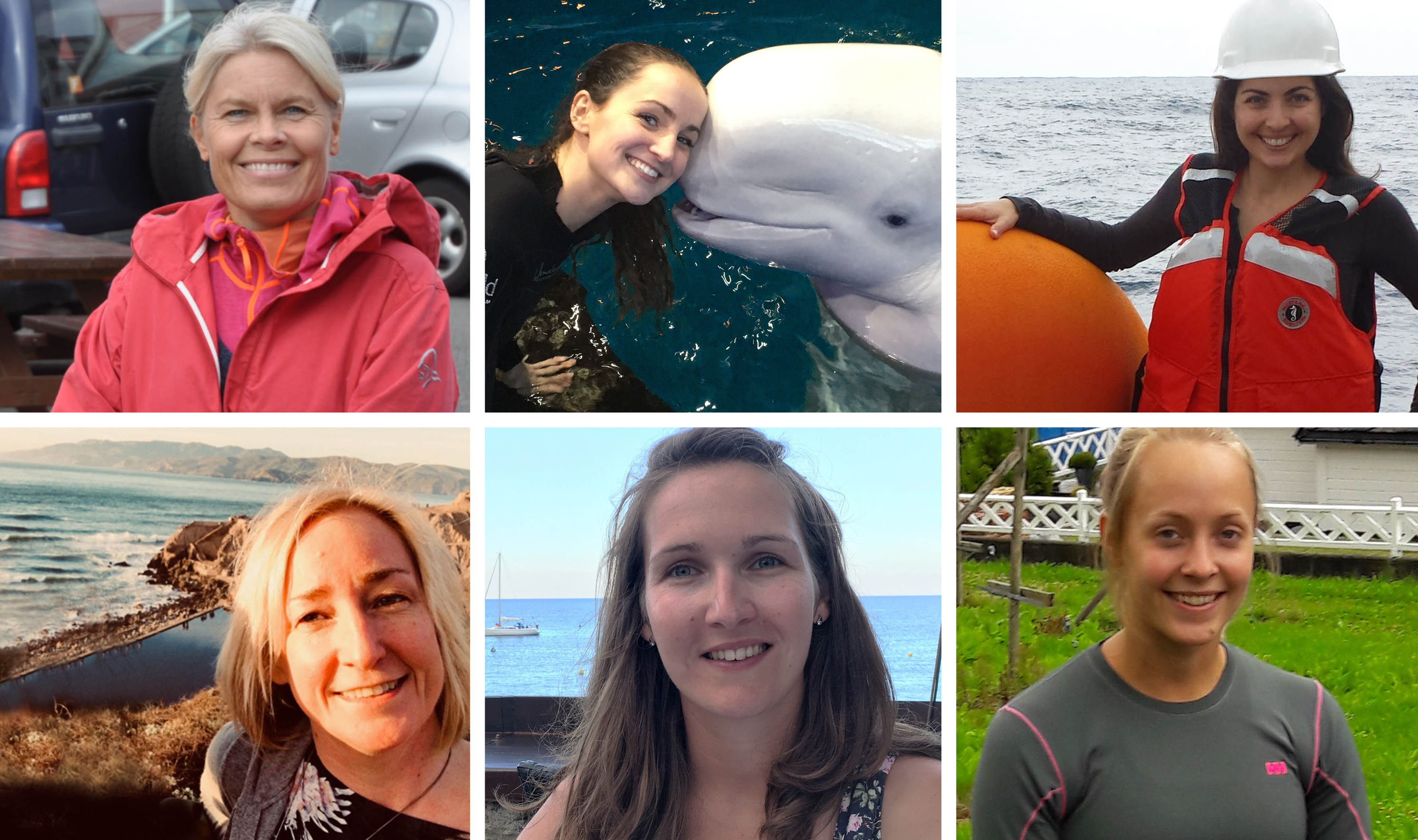
Women in Nortek share insights on working in the ocean tech industry
Jannicke Koch-Hagen
Country: Norway
Job Title: Nortek’s Chief Financial Officer and Head of HR
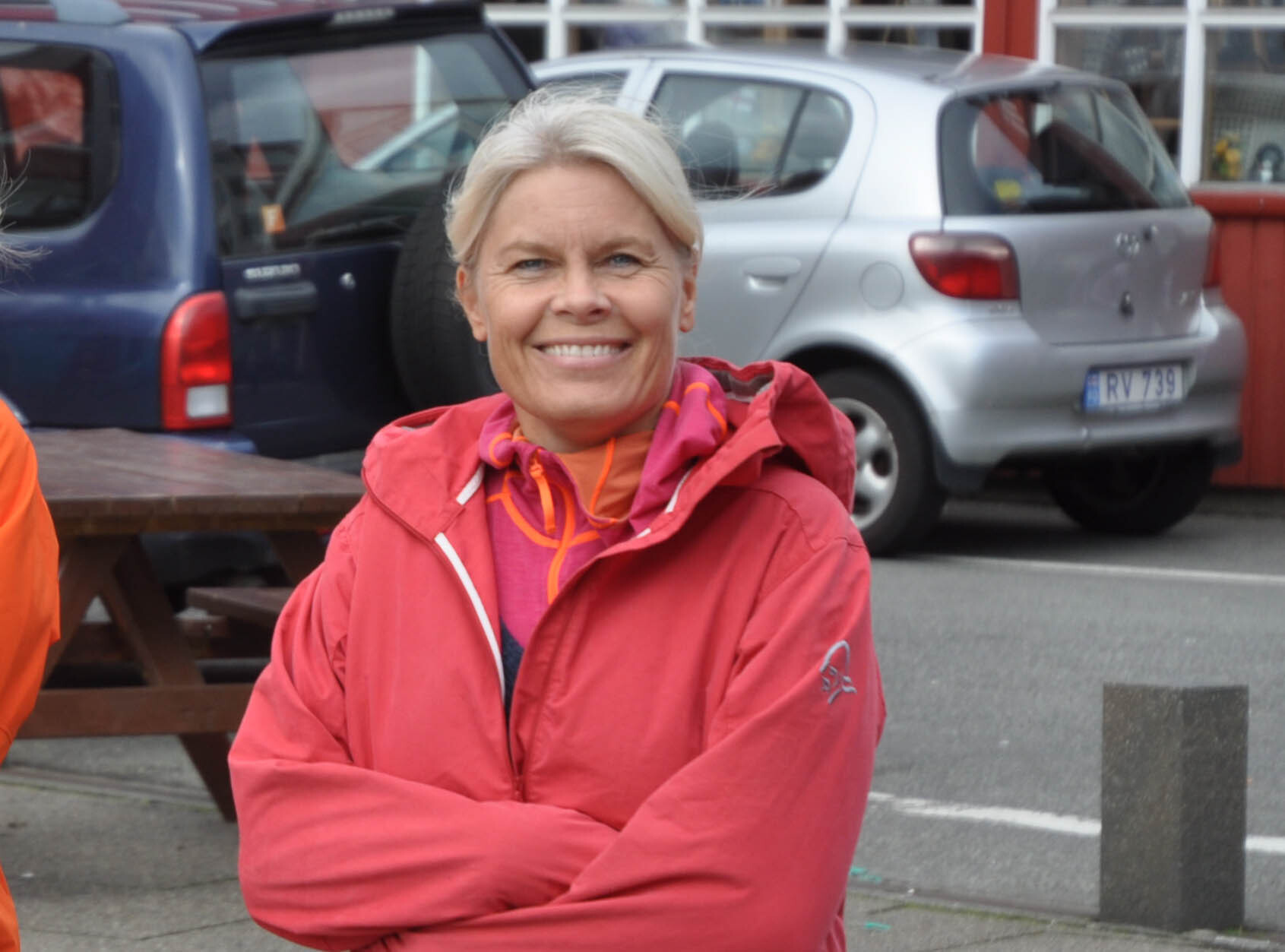
What does your job involve?
As the CFO of Nortek, I have multiple duties, from financial reporting of historic performance at various levels to forward-looking activities like building budgets, developing business cases and providing input to our strategic plans. Product and segment profitability analyses and liaising with our banks, external auditor and other stakeholders are also part of my job. I also manage Nortek’s HR, where I’m involved in processes like recruiting, training, appraisal reviews and organizational development.
What do you love most about what you do?
One of the main things I loved when I started – and still love – is that I get to be part of many different processes and activities. I used to work for a much bigger company, where “silo thinking” and bureaucracy were an issue. Nortek is a smaller company, with the ability to move and turn around very quickly, which is something I really appreciate. Having said that, it also brings a few challenges. We are growing rapidly and need to put in place more systems and formal procedures, while maintaining the smaller-organization entrepreneurial mindset. I like this challenge and I’m sure we will arrive at a good balancing point.
How did you get to where you are today?
I have a financial business background (audit degree plus an MBA), and have worked within several different business segments. I started off with a pharmaceutical company, where I spent 15 years in finance and business development, before I decided to start my own accountancy/consultancy firm. After a few years, I became involved with a small Norwegian company that invested in forest development and wood processing facilities in East Africa. When I felt the need to reduce my travelling, I started to look for a new job. I decided that I would look for a Norwegian, privately held, globally oriented company with its own production. Not the easiest criteria to meet, but Nortek matched them, and I’m very happy that there was an opening for me here.
What advice would you give your younger self?
I would tell myself that you have all the opportunities in the world if you want it strongly enough. I would also say that it is OK to ask for help, both in your personal and professional life.
Caroline Simms
Country: USA
Job Title: Sales Engineer
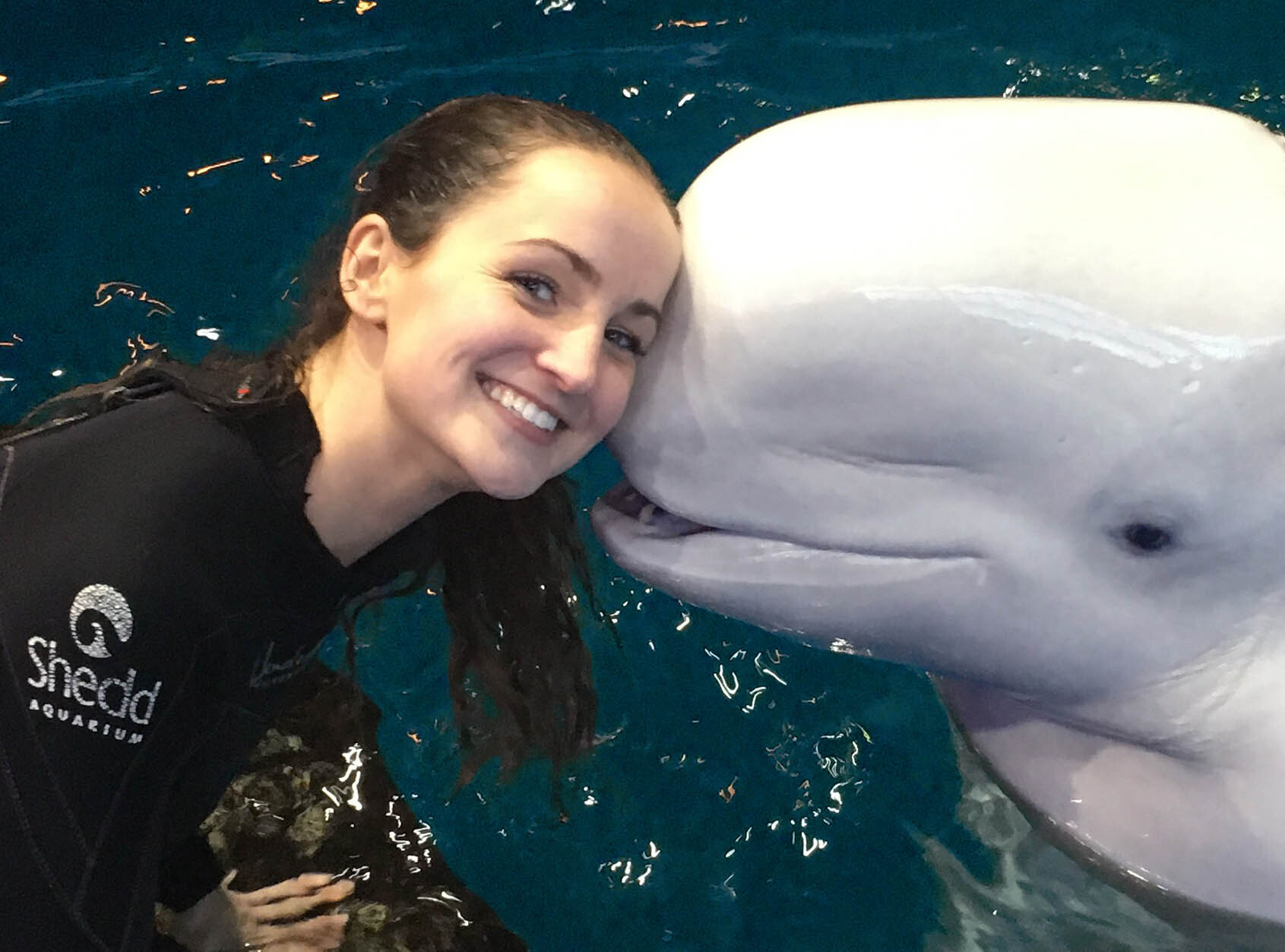
What does your job involve?
I am a Sales Engineer in the USA office for Nortek. I am responsible for assisting customers mostly in the academic field. I respond to incoming inquiries, assist with deployment concerns, provide some tech support and reach out to potential new customers. I am also in charge of Nortek USA’s leasing/demo instrument pool, and work with customers who lease our instruments for shorter projects.
What do you love most about what you do?
If you ask my friends and family what I am passionate about, they will say the ocean. Working at Nortek allows me to work with, advise and connect with people that share this same passion. I enjoy learning about customers’ projects and knowing that Nortek instrumentation will provide the best data possible. I sometimes forget I am in sales because I feel more like I am a part of my customer’s project planning than trying to sell them something. I am proud to be a part of a team that develops and sells such impressive, reliable and important technology.
How did you get to where you are today?
I graduated from the College of Charleston in 2016 with my B.S. in Marine Biology. I worked some odd jobs for the South Carolina Department of Natural Resources, then as an intern at Whale and Dolphin Conservation and at the Shedd Aquarium, and then with the Student Conservation Association in Chicago. After a few years being away from my family, I was homesick and decided to pack up and move back to Boston. I ended up as a Research Phlebotomist at Brigham and Women’s Hospital. After a year, I started looking for something that would get me back to the ocean. I found Nortek on Indeed.com. It seemed too good to be true! I had never thought of oceanographic sales and I had never heard of an ADCP ... but here I am – and man, am I happy to be here!
What advice would you give your younger self?
College was hard for me. I struggled to balance having a social life and getting good grades. I was the only science major in my friend group, which made that even harder. I found myself questioning my career goals over and over again. “Should my passion for the ocean be a hobby instead of a career?” “Am I smart enough for this field?” “Will I even make a difference in the scientific community?” I would tell my younger self to stop that questioning, and to be more confident in herself and know that she is capable and worthy of a place in the oceanographic community. I would tell her to take a step back and look at how much she loves the ocean and realize that the first step to a successful career is passion. I would tell her that yes, thinking about the future is scary, no matter where you are in life, but that she can and she will accomplish her goals if she wants them badly enough.
Freda Zifteh
Country: USA
Job Title: Global Marketing Director and Director of Nortek USA
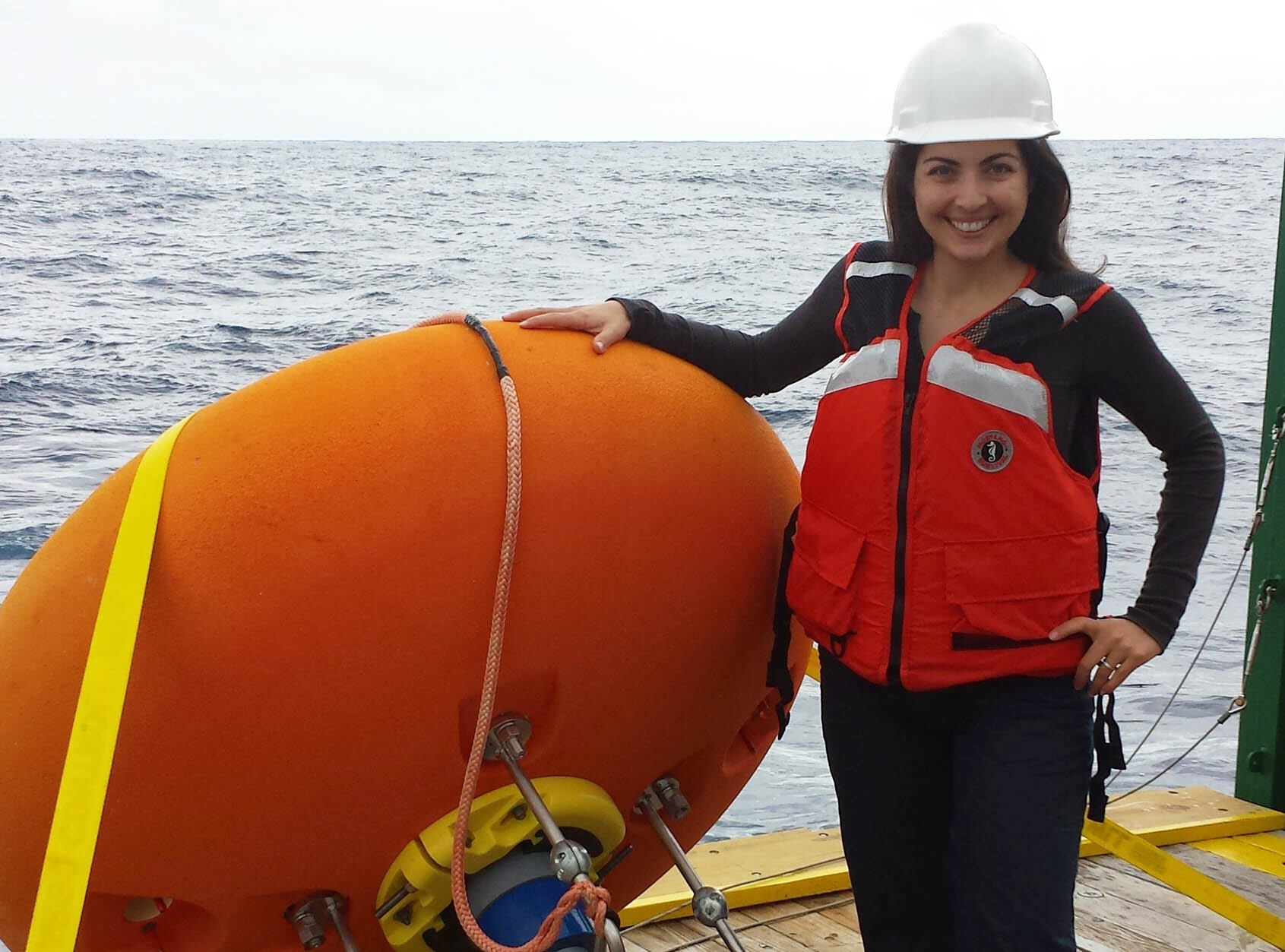
What does your job involve?
My jobs involve being obsessively in tune with our customers’ various worlds, carefully studying their needs, business processes and goals in order to delight them with the most advanced solutions available. It's equally important to me that I motivate, energize and empower members of the teams that work with our customers. Most recently, I have been working to expand the reach of physical oceanographic sensors to users for whom they may have not been realistic in the past. We are restructuring the way that we work so as to empower educators, ecologists, researchers in developing countries, and other non-traditional users to scale up data collection to a pace that enables us to tackle ocean sustainability and coastal resilience issues.
What do you love most about what you do?
I love touching a technology space that most people do not get to experience. Ocean technology and what it may mean for our future energy production, food sources, transportation, security, drug development and climate resilience is fascinating. Yes, you are the person at the party with the obscure title or the company people haven’t heard of or the degree your parents can’t exactly describe, but you’re kind of cool in that yesterday-I-helped-someone-working-on-tidal-energy-in-remote-villages-and-today-I-discussed-assessment-of-fish-stocks-in-Antarctica sort of way.
How did you get to where you are today?
Early on in university, prior to my graduate degree in Coastal & Oceanographic Engineering from the University of Florida, I was interested in technical sales. I therefore enrolled in a sales engineering certificate program, and I continue to enjoy the psychology of sales, solutioning with customers, and collaborating with internal teams to bring them new and exciting answers. I cannot overstate the value that my involvement with the Society of Women Engineers had on my leadership and team-building abilities. My experience working for the US Army Corps of Engineers as a Coastal Design engineer gave me first-hand experience in our customers’ daily lives. This was the industry in which I wanted to build my career. The problems were fascinating and of great societal impact – and the business trips to the beach didn’t hurt! It all came together when I found Nortek. I remarked, “I could not even write a better dream job description for myself!”
What advice would you give your younger self?
I would teach my younger self how to accept and use feedback in a positive way as opposed to becoming defensive of perceived criticism. I would tell her not to sell herself short and to get out, make the riskier moves, and discover the world earlier in life because not only can she handle it, but she will thrive. I would advise that she fully and wholeheartedly embrace every opportunity to learn, because while it may seem to your younger self like you just don’t have time, it only gets harder to make the time later.
Hilde Fuglstad
Country: Norway
Job Title: Application & System Engineer
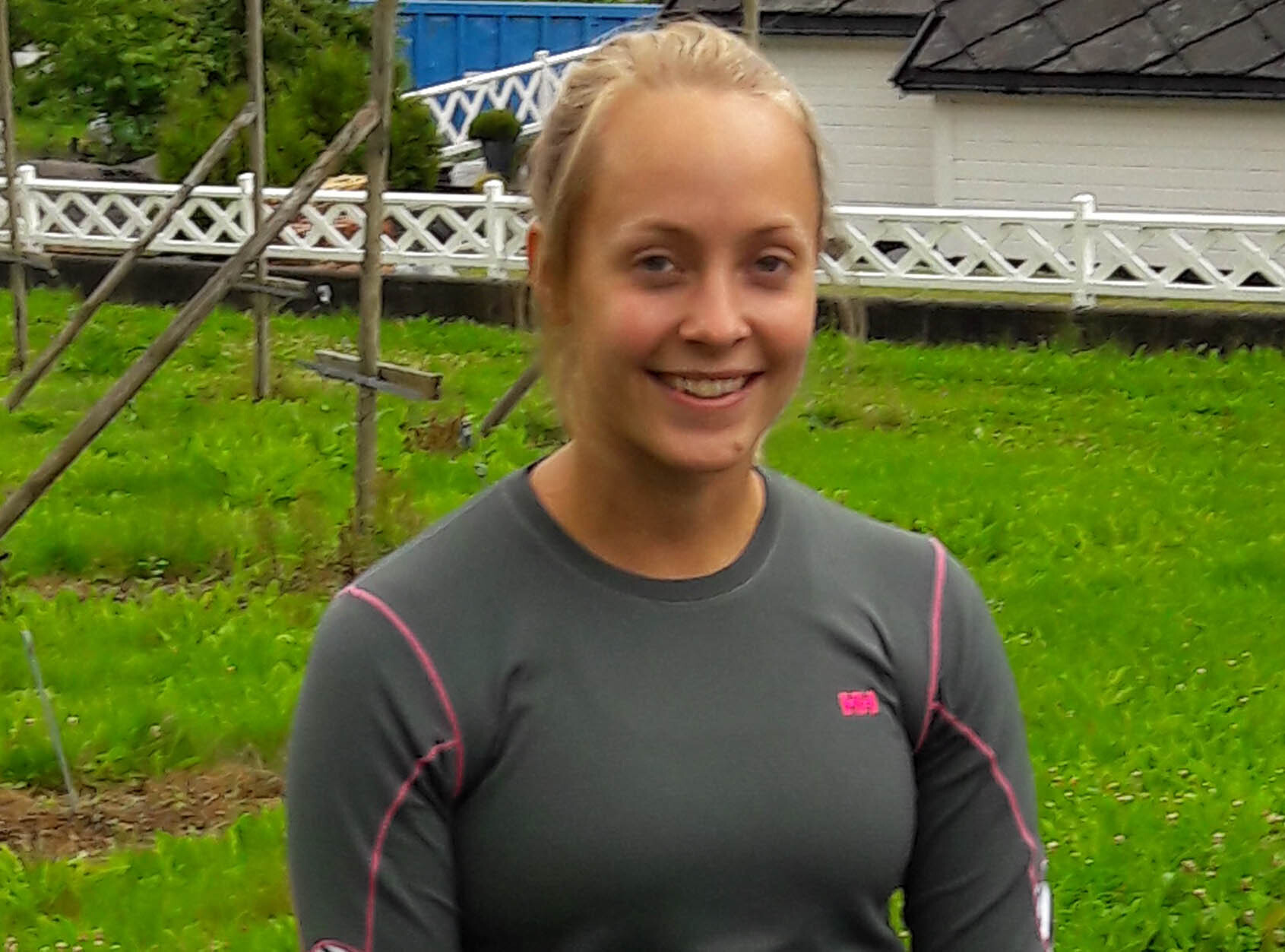
What does your job involve?
I work with development of technology and products that can be used in underwater navigation. This involves, for instance, analysis of sensor data and development of methods that can make use of all the information present in the data. Most days this means many hours in the office, but also a few trips outside to gather data and test new features.
What do you love most about what you do?
One of the main benefits of my work is that the road from idea to test is not very long, which means that we have the possibility to try out a lot of new things fast. Also, I really like to work with real data and developing products that can be of high value to others. It’s nice to work with instruments that are among the best in the field. Since everyone on the team is working closely together, I also feel involved in all parts of the product development process and can truly see the product come to life. This is something I appreciate a lot.
How did you get to where you are today?
I got my Master’s degree in Cybernetics and Robotics at NTNU, with specialization in Navigation, Vessel Control Systems and Robot Engineering. Out of university I started working at Kongsberg Digital, within renewables and utilities, before I started working at Nortek last year. I only became aware of Nortek when I saw the job advertisement and realized that this could be a perfect fit for me. And I have not regretted it since.
What advice would you give women looking to enter the ocean technology industry?
Don’t be afraid to try new things and get out of your comfort zone. You might think that you are not competent or experienced enough, but if you think it’s interesting, you will just end up learning a lot as you go. A lot of exciting things are happening in the industry and there are loads of problems to be solved. If you want to be part of it, I advise you to just go for it.
Claire Cardy
Country: England
Job Title: Director of Nortek UK’s office
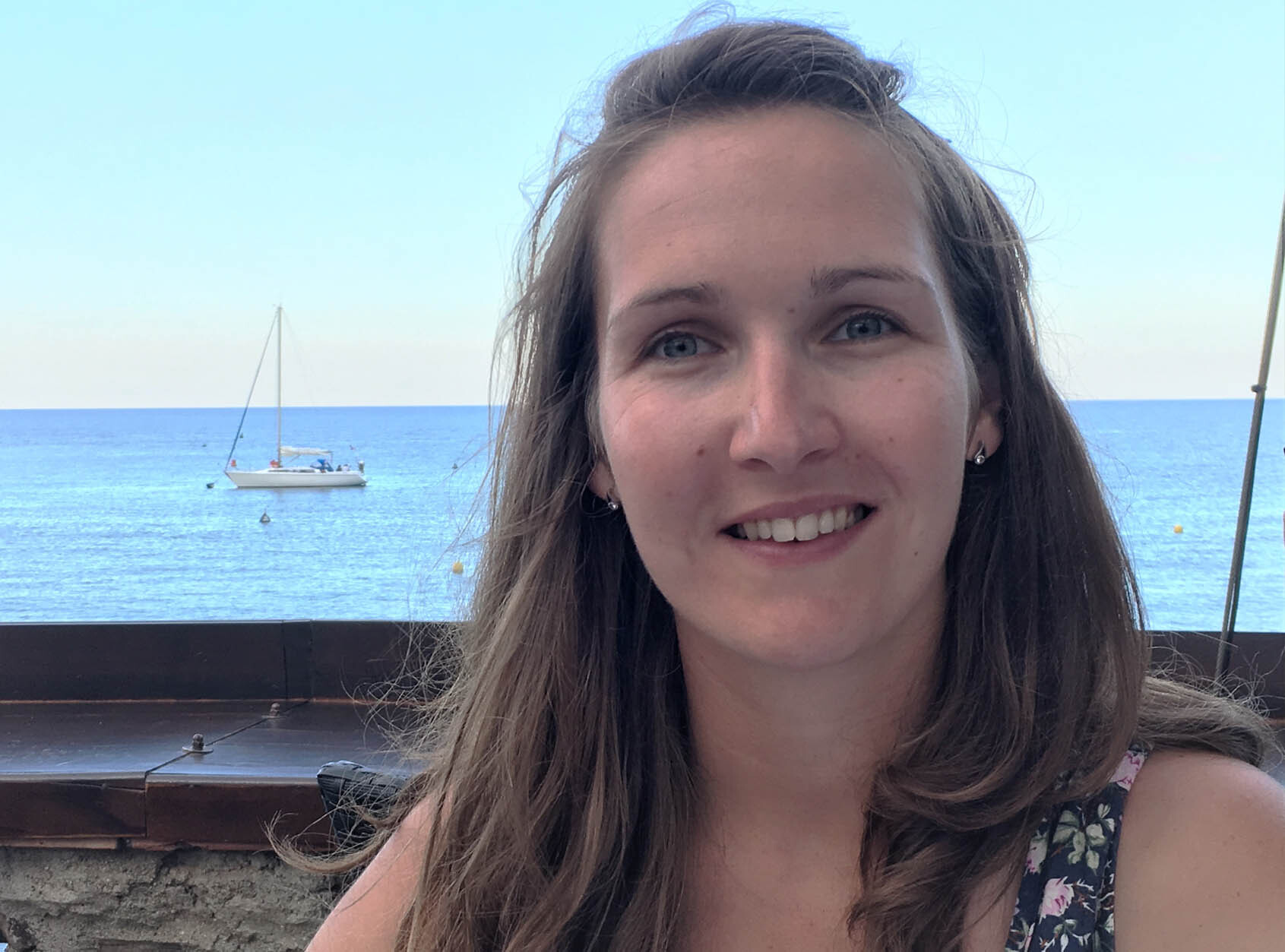
What does your job involve?
I manage Nortek’s UK branch, so that involves all the sales and support that goes on within the UK and Ireland. We tend to do a lot of support work with our customers, helping them integrate our products into whatever platform they’re using and enabling them to get more out of our instruments. I am involved with a wide range of activities, including managing finances and business development: where we’re going in the future, what the business is going to look like etc.
How did you get to where you are today?
I studied Oceanography at the University of Southampton and then went on to become an oceanographer. I later moved to another company and worked on numerical modeling using data collected from instruments like the ones that we provide at Nortek. I spent six years number-crunching and turning out reports, and decided I wanted something that had a bit more people interaction. A job at Nortek came up that involved sales and technical support, which I successfully applied for. From there, I became Director of the UK office.
What do you love most about what you do?
I really like some of the technical aspects of what we do – seeing these real-life processes that go on in the ocean in the data that the instruments collect. I also enjoy the sales side. If you’d asked me when I was a student if I wanted to work in sales, I would have said absolutely not, but it isn’t like I imagined it would be. I like that we’re helping people find a solution rather than just trying to make them buy something that they may or may not need.
What advice would you give your younger self?
I think one of the biggest things I struggled with was confidence and believing that I could do it. I just needed to believe in myself a little bit more, but that’s easier said than done, and is something that I still struggle with now at times. Having some strong role models around certainly helps to give you something to aspire to and keeps you focused on achieving your goals instead of doubting your capabilities.
Maeve Daugharty
Country: The Netherlands
Job Title: Data Analyst
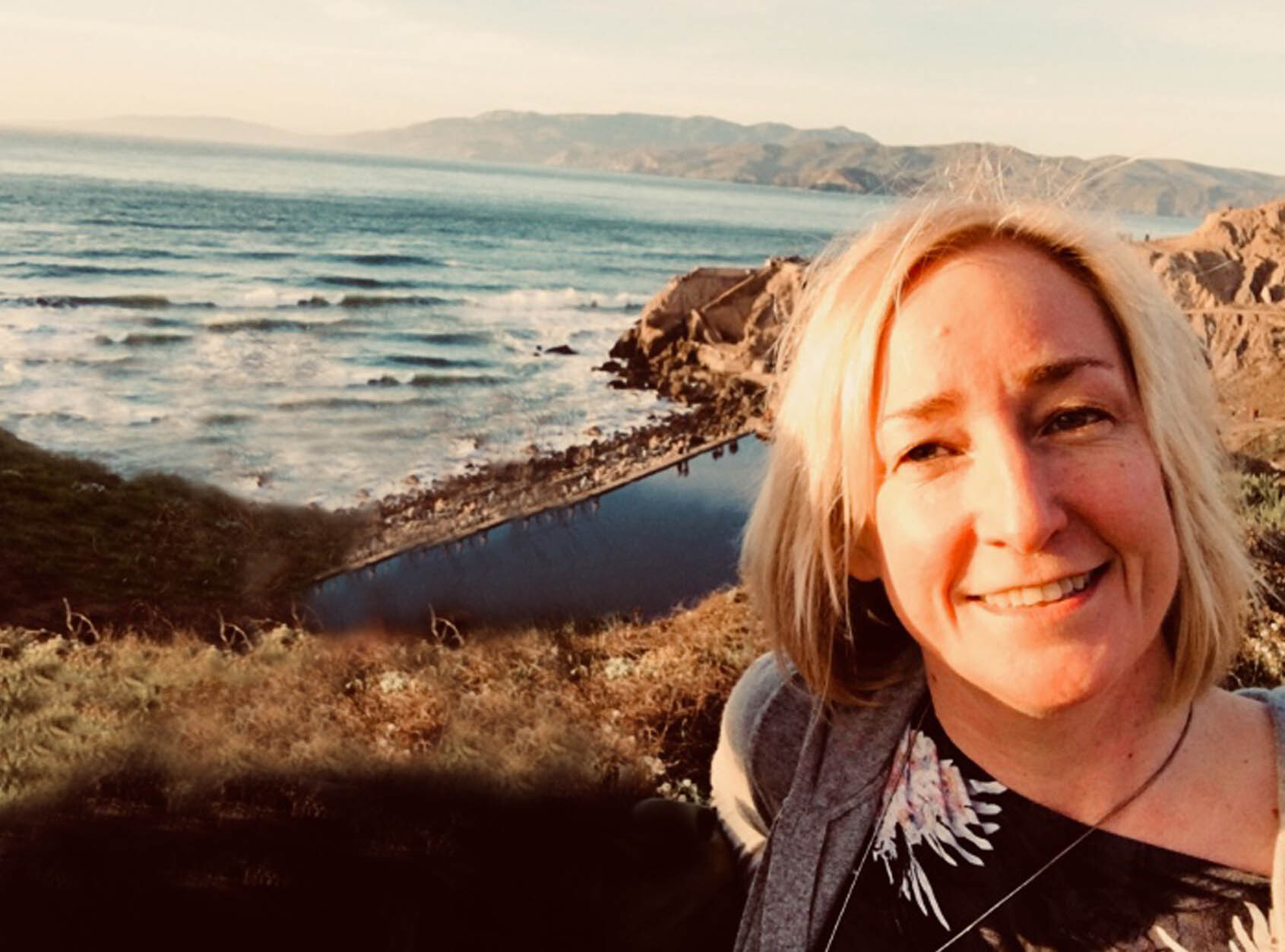
What does your job involve?
I analyze ADCP (acoustic Doppler current profiler) data and test software. I ground-truth the output from our instruments (make sure that the data makes sense) and demonstrate what sort of things our instruments can do.
What do you love most about what you do?
For me, when I see physical oceanographic processes that manifest in the data, I get really excited. More generally, the industry is amazing. You get to work with nerds – with really nice, inspiring people. I also love that my work involves a creative as well as an analytical side. At the end of the analysis, you get to step back from the data and tell a story – writing reports, making presentations – for people to understand. You can’t just say “This is the velocity” or “This is the echosounder signal” – you have to link it to something physical and give it meaning.
How did you get to where you are today?
My background is in earth sciences and fluid mechanics related processes. I used to work as a civil engineer in hydraulic engineering and hydrology, then eight years ago, I went back to school and got a Master’s degree in Geosciences with an emphasis in physical oceanography. Physical oceanography takes small-scale fluid mechanics and blows it up on a global scale. After that, I worked as a radar oceanographer in the USA. When I decided I wanted to move to Amsterdam, I did a whole bunch of digging, and I found the Nortek job. It really felt as if the stars aligned with the timing and the type of work it involved.
What advice would you give your younger self?
I wish I’d gotten a PhD in my 20s. I wouldn’t necessarily change my path, because I’m one of those people who take a circuitous route to get to my endpoint in life. That’s just who I am, and I’m happy with where I am. But I feel if I had stayed in school and pursued a PhD, that would have been really fun. I’d also tell myself that you’re going to leave your comfort zone. To be successful, you have to put yourself in uncomfortable positions, and I would say just embrace that.